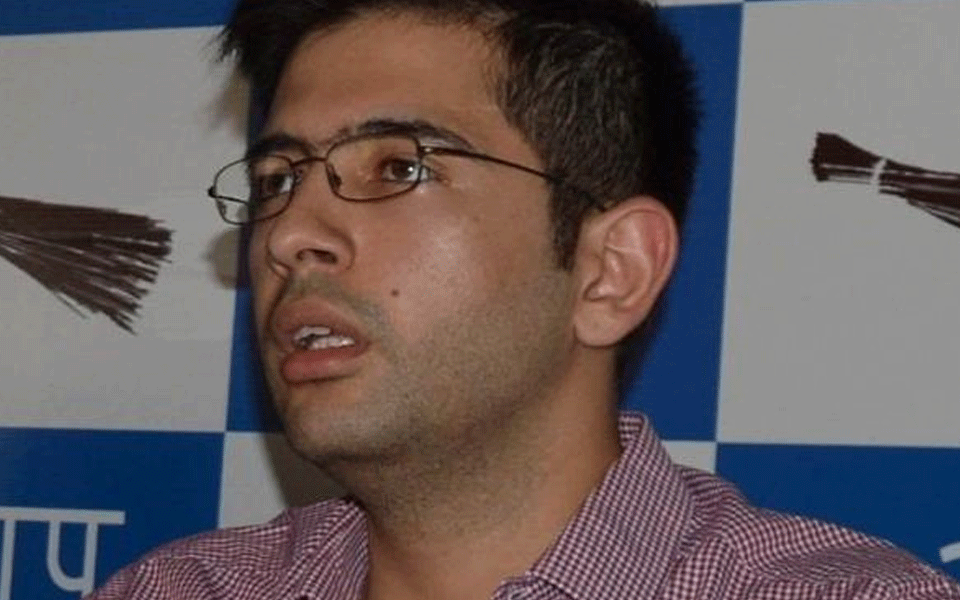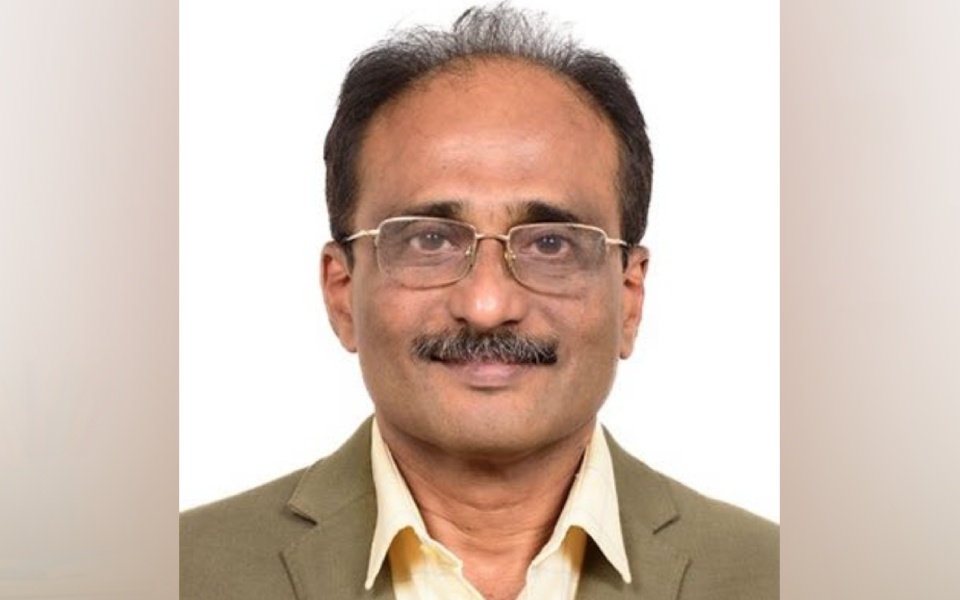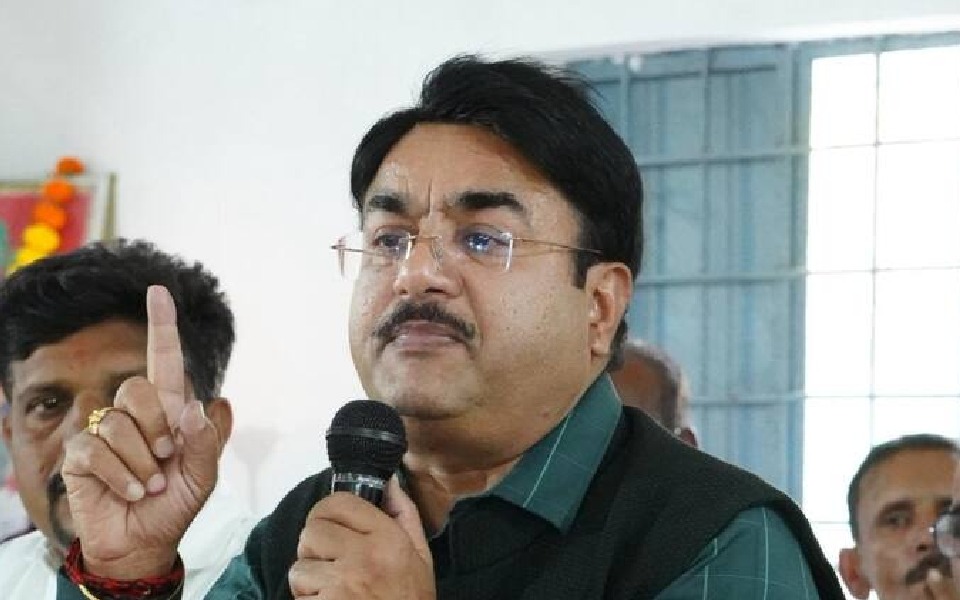New Delhi, Aug 13 : The AAP government on Monday sought a clarification from the Centre following a report published in a Chinese daily claiming that a company there has been given the licence to print Indian currency.
Aam Aadmi Party (AAP) national spokesperson Raghav Chadha termed the revelation as a "big threat to India's national security" and "financial sovereignty" and asked Prime Minister Narendra Modi why this information was not available in the public domain.
"What were the reasons behind approaching a foreign firm instead of assigning someone domestically? Was India approached by China, and did we succumb to pressure from them in their bid to increase their global influence?" Chadha asked.
The South China Morning Post, a Chinese financial news publication, has reported that a Chinese state-owned company, China Banknote Printing and Minting Corporation, has been contracted to print large quantities of international currencies including that of India.
The report states that in 2013, Beijing launched the belt and road plan which involved 60 countries from Asia, Europe and Africa to stimulate economic growth.
The President of the China Banknote Printing and Minting Corporation, Liu Guisheng, was quoted as saying that his company has since then "successfully won contracts for currency production projects in a number of countries including Thailand, Bangladesh, Sri Lanka, Malaysia, India, Brazil and Poland."
Referring to the report, Chadha said that an undisclosed source was quoted as saying that some governments have asked Beijing "not to publicise the deal because they are worried such information could compromise national security or trigger unnecessary debates at home."
He opined that in the light of recent hostilities between the two nations, this could lead to some "serious strategic disadvantages for India".
The report claims that despite domestic currency demand being at its lowest, China Banknote Printing and Minting Corporation has been "functioning at full capacity to deliver on international contracts".
It also states that while there was not much work until last year, there has been a sudden jump in production.
Chadha went on to dub the Modi government's demonetization move as "wasteful and dubious" in making India a cashless economy and said that similarly, the decision of outsourcing the printing of Indian notes to China is "counter-productive and dangerous."
"If the intent was to move towards a cashless economy, what is the objective of rolling out new currency for Rs10? Who is the beneficiary of the expense at which the printing is being pursued?" Chadha asked.
"Another suspicious aspect of this deal is how it negates our fight against counterfeit currency. This action puts us in a vulnerable position. Will this not create more avenues for international parties for counterfeiting?" he added.
Let the Truth be known. If you read VB and like VB, please be a VB Supporter and Help us deliver the Truth to one and all.
New Delhi: The All India Football Federation (AIFF) was taken by surprise during its ongoing search for a new head coach for the Indian national football team, when it received an application from none other than former Barcelona legend Xavi Hernandez.
According to a report in the Times of India, Xavi’s name was listed among several other applicants, including former India head coach Stephen Constantine and ex-Liverpool player Harry Kewell. What raised eyebrows was that the application had been sent from Xavi’s personal email address. However, the contact number field was left blank, which left AIFF officials unsure about how to proceed.
Confirming the development, AIFF’s National Team Director Subrata Paul told TOI, “It’s correct that Xavi’s name was there. The application was emailed to the AIFF.”
Despite the excitement around such a high-profile name, the AIFF had to reject Xavi’s application due to budgetary limitations. A member of the AIFF's technical committee admitted that while it was flattering to receive Xavi’s interest, it was simply not feasible. “Even if Xavi was genuinely interested in Indian football and could be convinced to take up the job, we would need a lot of money,” the official told TOI.
Xavi had earlier stated in an interview that he closely follows Indian football, largely due to the increasing presence of Spanish coaches in the Indian Super League (ISL).
Xavi Hernandez, a product of FC Barcelona’s famed La Masia academy, is widely regarded as one of the greatest midfielders of all time. Known for his vision and passing accuracy, he played 767 official matches for Barcelona, forming a formidable midfield trio alongside Andres Iniesta and Sergio Busquets.
During his playing career at Barcelona, Xavi won five La Liga titles, three Copa del Rey trophies, and three UEFA Champions League titles. After leaving the club in 2015, he joined Al Sadd in Qatar, where he added four more trophies before retiring in 2019. On the international stage, Xavi was a key part of the Spanish national team that won the UEFA Euro titles in 2008 and 2012, and the FIFA World Cup in 2010.
As a coach, Xavi enjoyed notable success with Barcelona as well, leading the team to victory in the 2023 Supercopa de España and the 2022–23 La Liga season.





